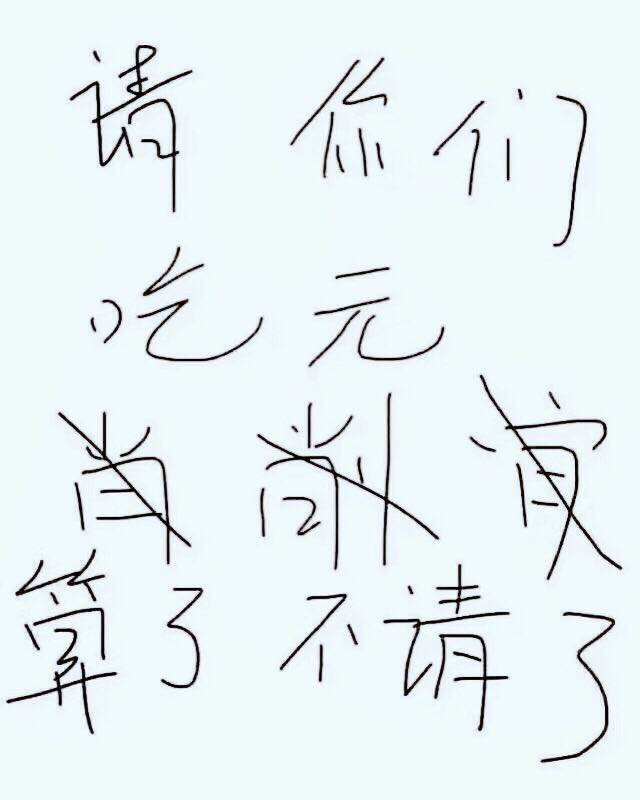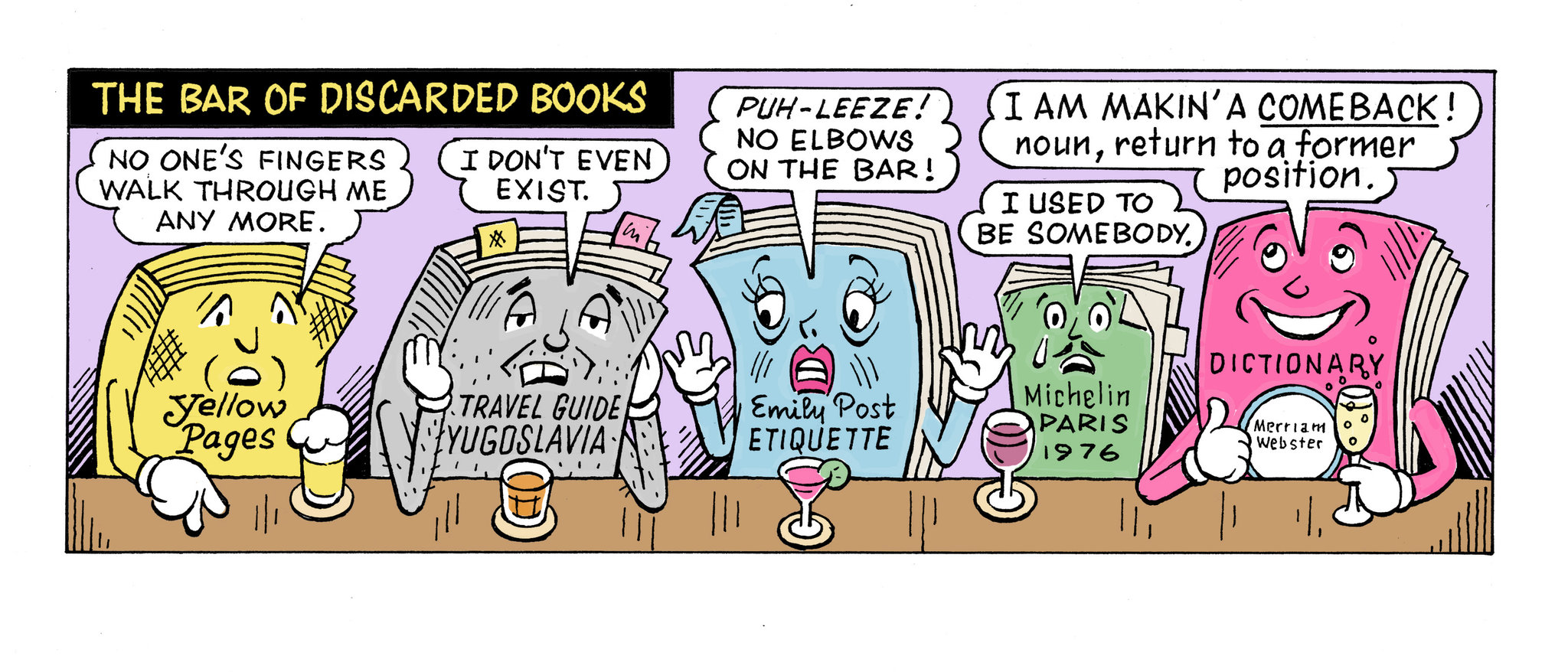Choice-type questions
No, I am not talking about multiple choice questions. I'm talking about the kind of choice questions that language teachers introduce as one of the many ways to ask a question in Chinese.
This subject has come up in connection with the following post that went up the day before yesterday:
"Yes-no questions in mathematics and in Chinese" (2/10/17)
Yes-no questions are questions that may be answered with a "yes" or a "no" (or their equivalents in Chinese). That's what the day before yesterday's post was about. In the discussion, however, the matter of choice-type questions arose, centered on the use of words for "or" in Chinese: háishì 还是, huò 或, and huòzhě 或者. For this type of question, the respondent is expected to choose between two alternatives.
Read the rest of this entry »




